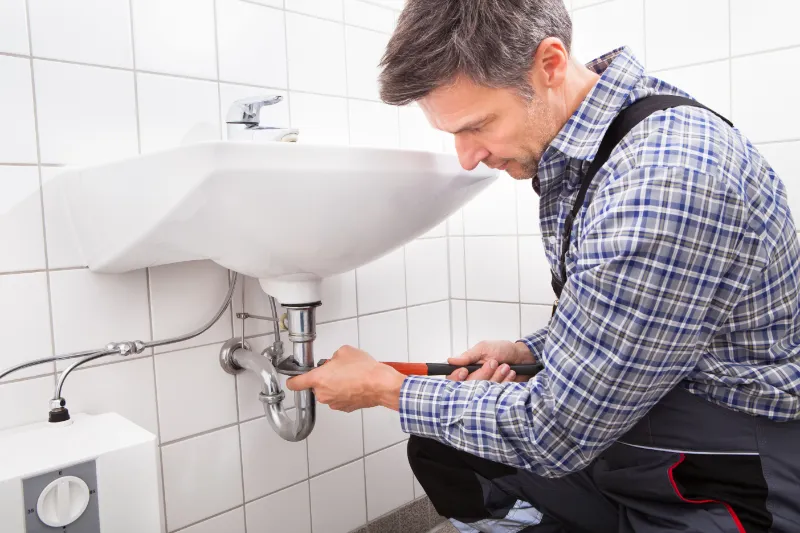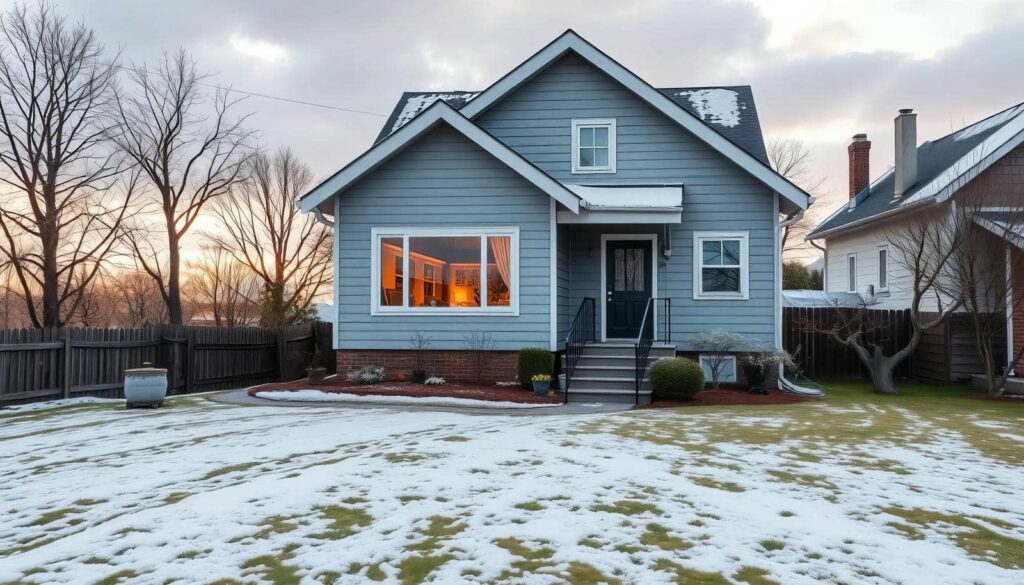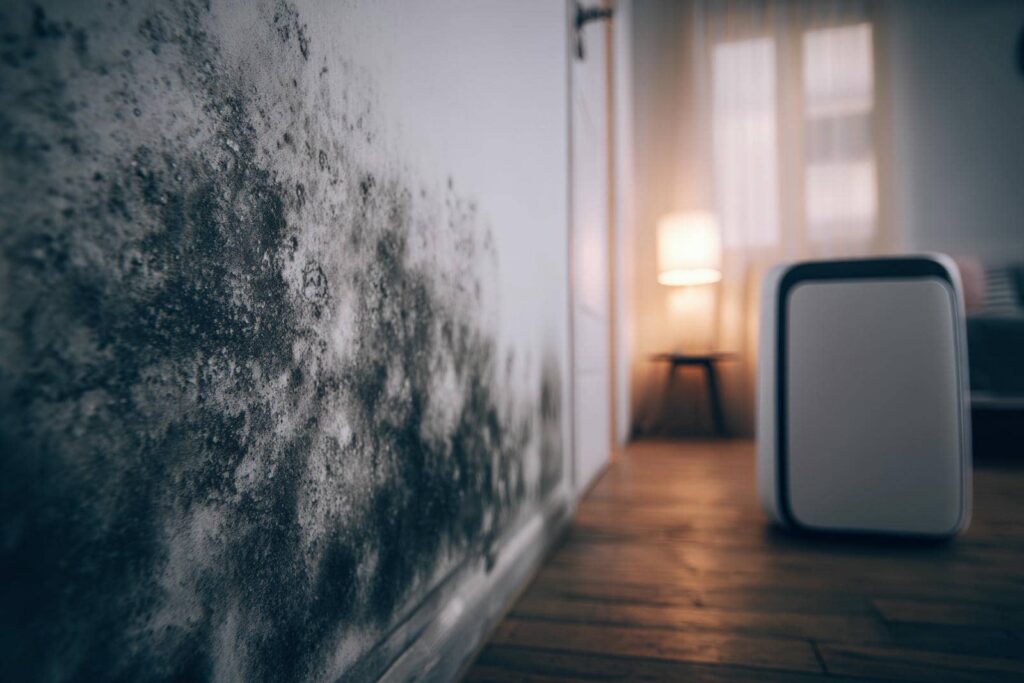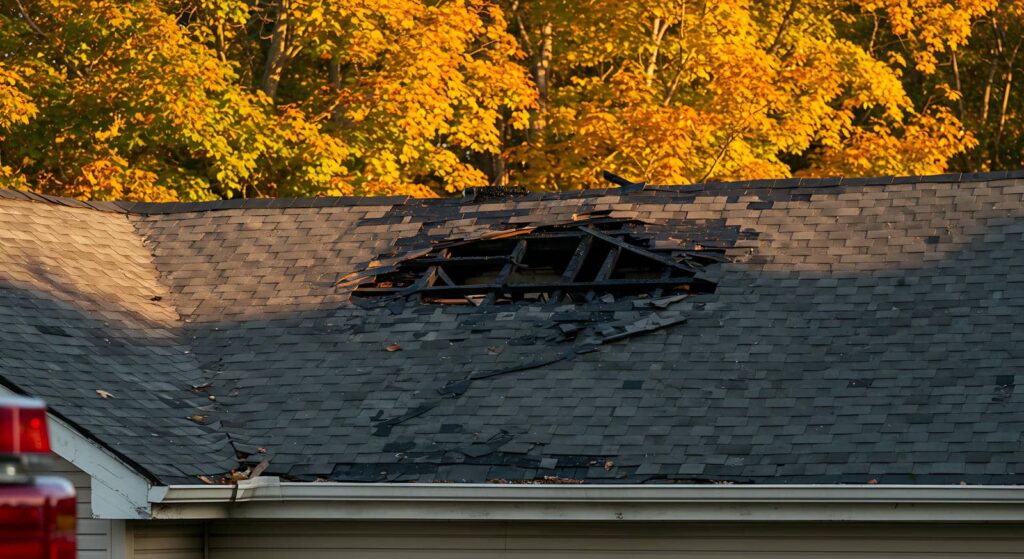Contents
Are you wondering why water keeps dripping down your bathroom walls? Don’t worry, we’ve got you covered. In this article, we’ll explain the common causes of this frustrating issue.
From poor ventilation to leaking pipes, condensation buildup to faulty waterproofing, we’ll explore all the potential culprits. By understanding these reasons, you’ll be able to tackle the problem head-on and ensure a dry and comfortable bathroom for yourself and your loved ones.
Key Takeaways
- Poor ventilation in the bathroom can lead to condensation forming on walls and ceilings.
- Leaking pipes can cause water to escape and seep into unwanted areas, leading to wet spots or puddles.
- Condensation buildup can occur due to steam from hot showers or baths, inadequate ventilation, and cold surfaces.
- Faulty waterproofing, such as improper installation of tiles or damaged caulking, can result in water seepage and signs of water damage.
Poor Ventilation
If you have poor ventilation in your bathroom, water can drip down your walls. This can be a frustrating and unsightly problem, but understanding why it happens can help you find a solution.
Poor ventilation occurs when there isn’t enough airflow in your bathroom to properly remove moisture and odors. As a result, condensation forms on surfaces such as walls and ceilings, leading to water droplets that can eventually drip down.
One of the main causes of poor ventilation is a lack of windows or inadequate window placement in your bathroom. Windows play a crucial role in allowing fresh air to enter and humid air to escape. Without proper windows, the moisture in your bathroom will remain trapped, creating the perfect environment for water to accumulate and drip down your walls.
Another common cause of poor ventilation is a bathroom fan that’s either too small or not functioning properly. Bathroom fans are designed to remove moist air and odors from the room, but if they aren’t powerful enough or are clogged with dust and debris, they’ll not be effective. As a result, the moisture will linger in the air and eventually condense on surfaces, causing water to drip down.
To address poor ventilation in your bathroom, there are a few steps you can take. First, ensure that your bathroom has a properly sized and functioning fan. Clean or replace the filter regularly to maximize its efficiency. Additionally, consider installing a window or improving the airflow in your bathroom by opening doors and using a dehumidifier. These simple steps can greatly improve ventilation and prevent water from dripping down your walls.
Leaking Pipes
What are common plumbing issues in bathroom? Leaking pipes can be a major contributor to water dripping down your bathroom walls. When pipes develop leaks, they allow water to escape and seep into areas where it shouldn’t be. This can lead to water damage, mold growth, and an overall unpleasant experience in your bathroom. It’s important to address leaking pipes promptly to prevent further damage and ensure a safe and comfortable environment for yourself and your family.
If you notice water dripping down your bathroom walls, it’s crucial to investigate the source of the problem. Start by checking for any visible signs of leaks, such as wet spots or puddles around your pipes. You may also notice a decrease in water pressure or unusual sounds coming from your plumbing system. These are all indicators that there could be a leak in your pipes.
To address leaking pipes, it’s recommended to seek the assistance of a professional plumber. They have the expertise and tools to locate and repair the source of the leak effectively. Ignoring a leaking pipe can lead to more extensive damage and costly repairs in the future. By acting promptly, you can mitigate the risk of further water damage and keep your bathroom in good condition.
Condensation Buildup
Water dripping down your bathroom walls can also be caused by condensation buildup. When warm, moist air comes into contact with cooler surfaces, such as your bathroom walls, it can condense into water droplets. This can happen when you take hot showers or baths, or when there is inadequate ventilation in your bathroom.
To help you understand how condensation buildup occurs, let’s take a look at the factors involved:
| Factors | Explanation | Solution |
|---|---|---|
| Hot Showers or Baths | The steam created from hot water raises the humidity levels in your bathroom. | Ensure proper ventilation by using an exhaust fan or opening a window. |
| Inadequate Ventilation | Without proper airflow, the moisture in the air has nowhere to go, leading to condensation on your walls. | Install an exhaust fan if you don’t already have one or consider using a dehumidifier. |
| Cold Surfaces | Cold walls or tiles provide a surface for the warm, moist air to cool and condense on. | Insulate your bathroom walls or consider using a vapor barrier to reduce temperature differences. |
| Poor Insulation | Lack of insulation can allow cold air from outside to seep into your bathroom, causing temperature differences. | Insulate your walls and windows to prevent cold air infiltration. |
Faulty Waterproofing
To prevent water from dripping down your bathroom walls, it’s important to address any issues with faulty waterproofing. Faulty waterproofing can lead to water seeping through the walls and causing damage to your bathroom. This can result in mold and mildew growth, as well as structural damage over time. It’s crucial to take action as soon as you notice any signs of water damage, such as peeling paint, discoloration, or a musty odor.
One common cause of faulty waterproofing is improper installation of tiles or grout. If the tiles or grout aren’t properly sealed, water can seep through the gaps and penetrate the walls. Hiring a professional to install or repair the tiles and grout can ensure that they’re properly sealed and waterproofed.
Another cause of faulty waterproofing is cracked or damaged caulking around fixtures, such as faucets, showerheads, or bathtub edges. Over time, caulking can deteriorate, allowing water to seep through and cause damage. Regularly inspecting and replacing the caulking around fixtures can help maintain a watertight seal and prevent water from dripping down the walls.
Additionally, inadequate ventilation in the bathroom can contribute to water buildup and subsequent wall damage. Proper ventilation helps to reduce humidity levels, preventing condensation and moisture from accumulating on the walls. Installing exhaust fans or opening windows during and after showers can help promote air circulation and prevent water from dripping down the walls.
Plumbing Issues
If you notice water dripping down your bathroom walls, one possible culprit could be plumbing issues. Plumbing problems can cause significant damage to your home and disrupt your daily routine. It is essential to address these issues promptly to prevent further damage and ensure the comfort and safety of your family.
Plumbing issues can manifest in various ways, such as leaking pipes, faulty faucets, or clogged drains. These problems can lead to water seeping into your walls and causing the dreaded water stains and damage. To help you understand the potential plumbing issues that may be causing water to drip down your bathroom walls, take a look at the table below:
| Plumbing Issue | Description |
|---|---|
| Leaking Pipes | Worn-out or damaged pipes can develop leaks, allowing water to escape and drip down the walls. |
| Faulty Faucets | A malfunctioning faucet can result in water pooling on the countertop and eventually dripping down. |
| Clogged Drains | Blocked drains can cause water to overflow, leading to leaks and water damage on the bathroom walls. |
| Burst Pipes | Extreme weather conditions or high water pressure can cause pipes to burst, resulting in water leaks. |
| Faulty Toilet | A faulty toilet can cause water to seep into the walls, leading to dampness and potential mold growth. |
If you are experiencing water dripping down your bathroom walls, it is crucial to contact a professional plumber immediately. They have the expertise to identify the root cause of the problem and provide the necessary repairs or replacements. Remember, addressing plumbing issues promptly can save you from expensive repairs and potential health hazards caused by mold or mildew growth.
Conclusion
So, if you’re finding water dripping down your bathroom walls, it could be due to several reasons. Poor ventilation, leaking pipes, condensation buildup, faulty waterproofing, or plumbing issues might be the culprits.
It’s important to identify the cause and address it promptly to prevent any further damage. Don’t ignore this issue as it can lead to bigger problems down the line.




